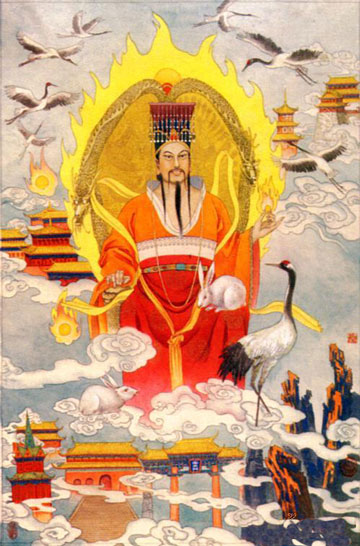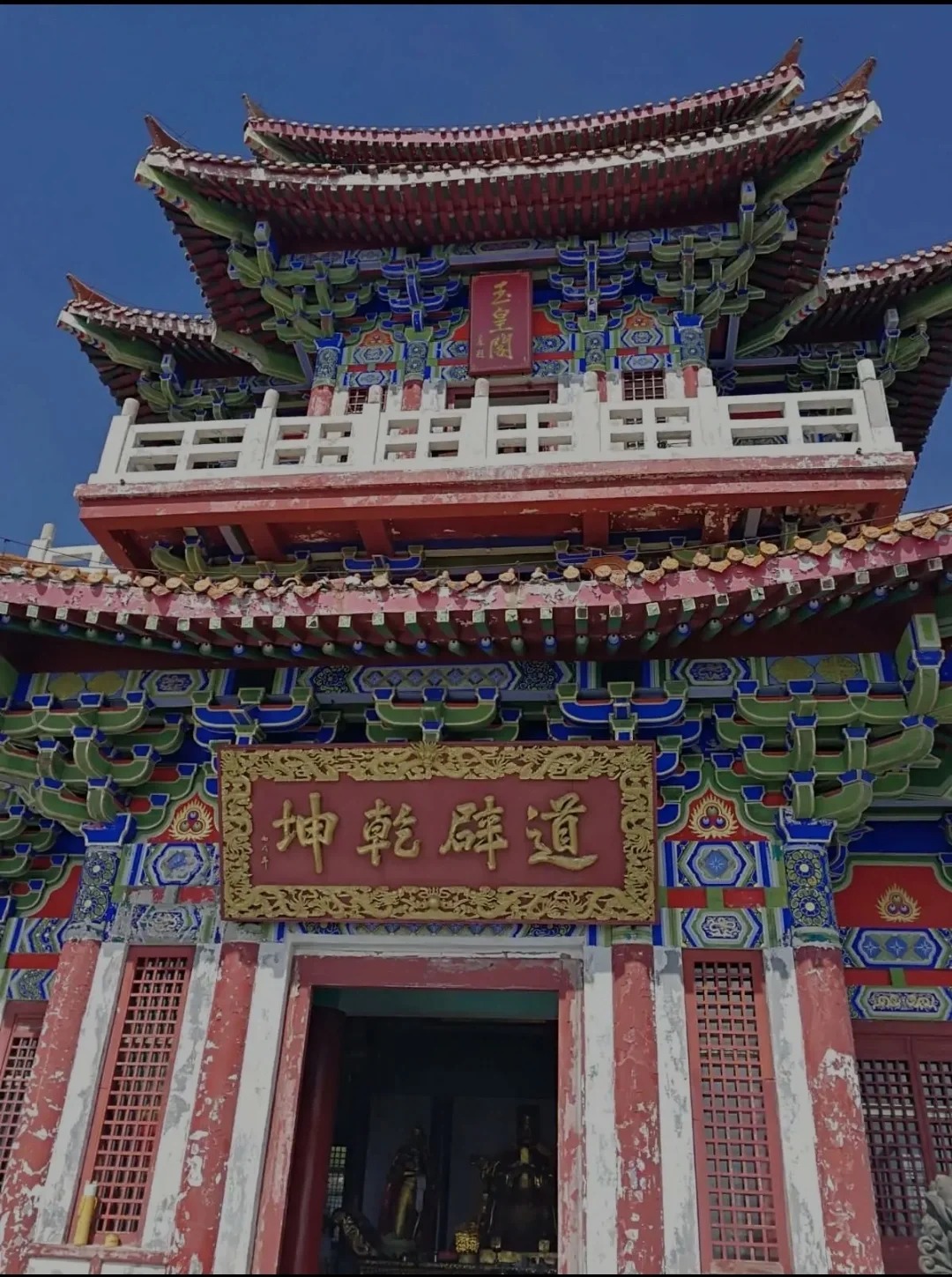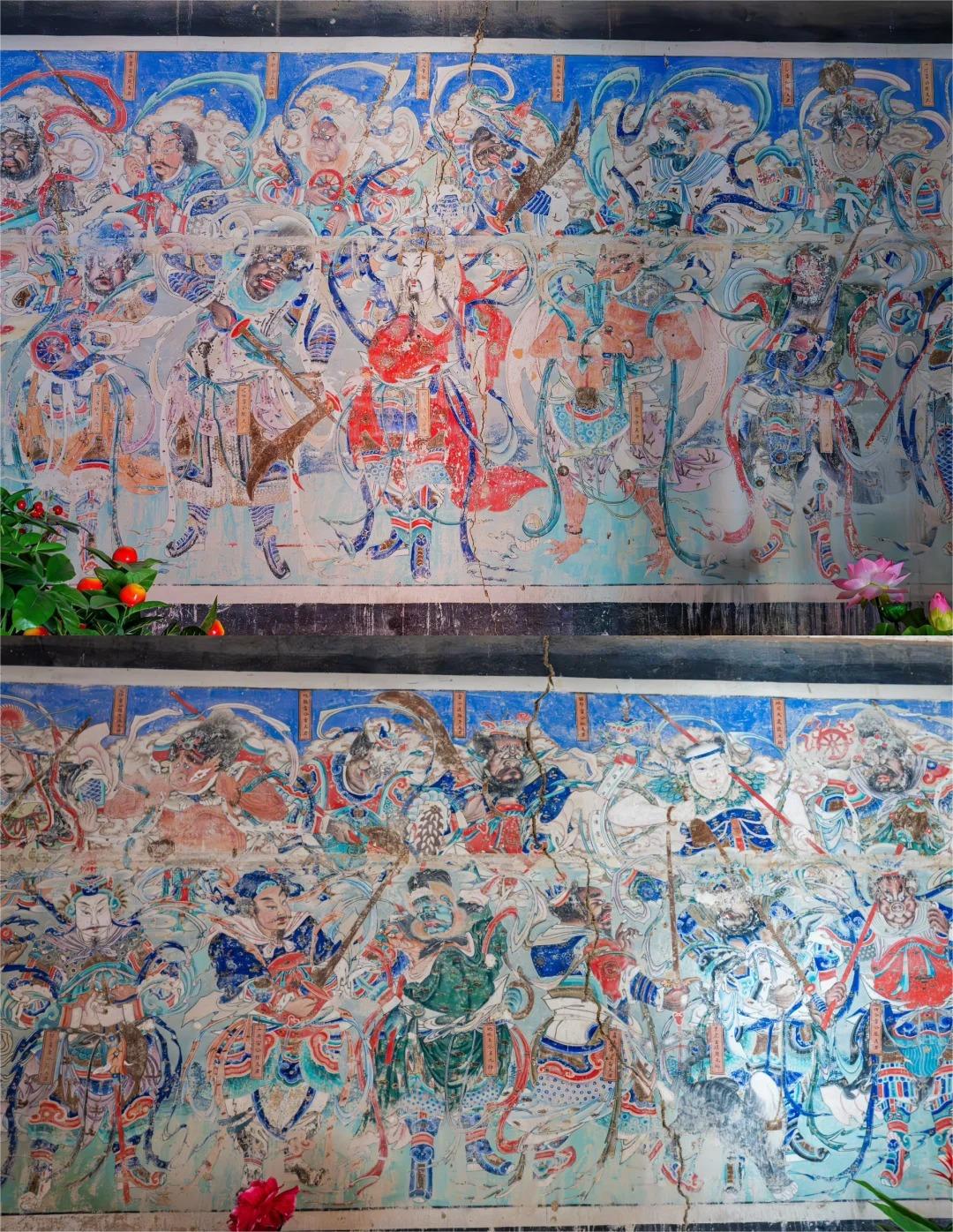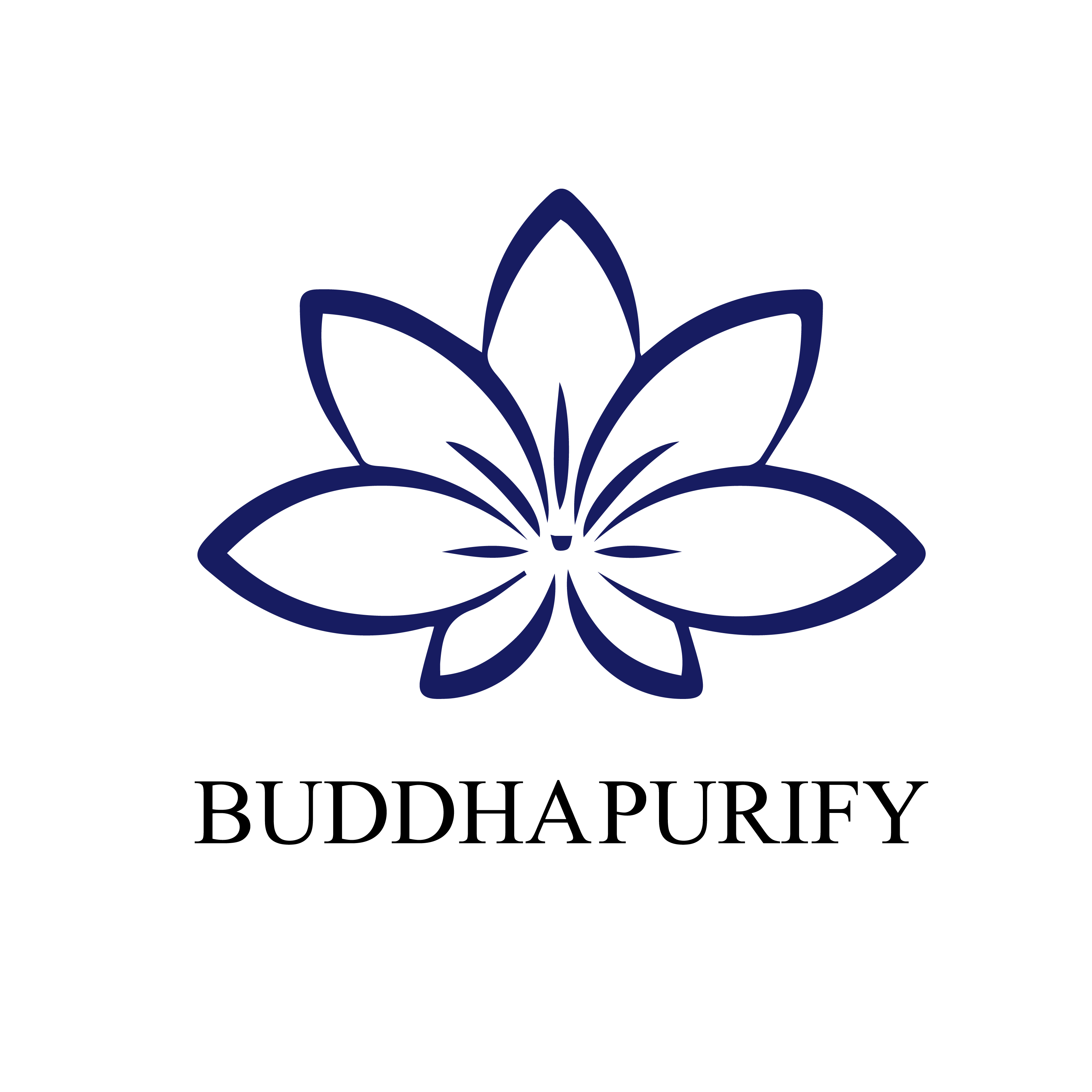The Jade Emperor: Supreme Ruler of the Gods in Taoist Mythology
The Jade Emperor
Leader of the Gods in Taoist Mythology
The full title of the Jade Emperor is: “The Most High, Opening Heaven, Bearing the Talisman, Ruling the Calendar, Containing Truth, Embracing the Dao, Gold Pavilion in the Nine Heavens, Ruling Ten Thousand Paths, Non-Action, Great Way, Bright Hall, Supreme Jade Sovereign, Pardoning Sins, Supreme Celestial Venerable of the Mysterious and Lofty Jade Emperor.” He resides in the Supreme Jade Purity Palace. The Jade Emperor holds great influence in Chinese folklore and is regarded as the "Emperor" of the heavens and the supreme ruler of the divine world.
There are several stories about the origin of the Jade Emperor. One version states that he was originally the crown prince of the Radiant and Majestic Kingdom of the Heavenly Realm, born to King Pure Virtue and Queen Precious Surpassing. From a young age, he was exceptionally wise and performed many good deeds. After ascending to the throne, he ruled the kingdom with diligence and compassion, but eventually renounced his throne to pursue the Dao. He retreated to Mount Fragrant Rock, where after enduring 3,200 great kalpas, he attained the golden deity form and became the Jade Emperor.
Another version tells that after Jiang Ziya completed his campaign against the tyrant King Zhou, he began appointing gods. When it came time to designate the Jade Emperor, he found that the page in the celestial book was blank, with no name indicated for this position. Unsure of what to do, Jiang Ziya stammered, “This... Zhang... naturally... someone... will sit.” Just then, a man named Zhang Ziran (which means “Naturally”) rose into the air and sat on the Jade Emperor’s throne. It turned out that Zhang's name and fate had aligned with Jiang’s accidental proclamation.
A third legend recounts that after Pangu created the world, the human realm was peaceful and harmonious. However, conflicts among gods soon disrupted this tranquility, creating chaos. The deity Venus, seeking to restore order, disguised himself as a beggar and searched for a worthy ruler. He eventually found a man named Zhang Youren, who governed his territory of tens of thousands with wisdom and kindness. Impressed, Venus brought Zhang to heaven, where he was tested by the other gods. Convinced of his virtue and talents, they elected Zhang Youren as the Jade Emperor.
The Jade Emperor’s figure can be traced back to the Shang Dynasty, when people worshipped a deity known as "Di," the supreme god of the Shang ancestors. The Shang people prayed to "Di" for guidance in all matters, viewing him as a power transcending heaven itself.
During the Zhou Dynasty, the ancestral aspects of "Di" were removed, merging with the concept of heaven to form the "Hao Tian Shang Di" (Supreme Sovereign of the Vast Heavens). It was not until the Southern Dynasties, in Tao Hongjing's work Zhen Ling Wei Ye Tu (Diagram of the Positions of the True Spirits), that titles such as "Jade Sovereign Dao Lord" and "Supreme Jade Sovereign" first appeared, placing these deities in the right positions of the Jade Purity Palace and marking the early forms of the Jade Emperor.
The development of the Jade Emperor is closely tied to the evolution of Taoism. Originating in the Eastern Han Dynasty, the main deity of Taoism shifted over time. During Ge Hong’s period in the Eastern Jin Dynasty, the figure of the Primordial Lord appeared. Tao Hongjing later positioned the Primordial Lord as the highest deity in the Taoist hierarchy, known as Yuanshi Tianzun, the Supreme God in Taoism.
The titles of "Jade Sovereign" and "Jade Emperor" first appeared in Tao Hongjing's Zhen Ling Wei Ye Tu. Initially, the Jade Sovereign was ranked as the eleventh subordinate deity under Yuanshi Tianzun, but over time, his status grew. Before the Tang Dynasty, the Chinese supreme god was primarily considered the "Hao Tian Shang Di," but during the Tang, Taoism flourished, and the worship of the Jade Emperor became widespread.
By the Song Dynasty, Taoism officially linked the Jade Emperor with ancient celestial rulers. In 1015, Song Zhenzong personally commissioned a statue of the Jade Emperor and conferred upon him the title “The Most High, Opening Heaven, Bearing the Talisman, Ruling the Calendar, Containing Truth, Embracing the Dao, Jade Emperor of the Grand Heaven.” By 1116, the Jade Emperor was officially integrated into the state religion, and his role as the supreme deity was solidified.
Even during the Yuan and Ming dynasties, where the state favored Buddhism over Taoism, the Jade Emperor maintained his high status in folk beliefs. Despite the Ming Emperor's attempts to reduce Taoist influence, the Jade Emperor remained the preeminent god in popular mythology.
In Taoism, the Jade Emperor ranks among the "Four Sovereigns," positioned as their leader. The Four Sovereigns are celestial rulers just below the Three Pure Ones, the highest Taoist deities. The Jade Emperor oversees the celestial, earthly, and human realms, ruling over the ten directions and four forms of life (born from wombs, eggs, moisture, and transformation). He manages the six paths of reincarnation (deities, spirits, humans, hell beings, hungry ghosts, and animals). To assist in governing, he has appointed other celestial rulers, such as the Emperor of the North Star to handle earthly matters and the Heavenly Emperor to oversee the forces of nature.
As the leader of all gods in the three realms, the Jade Emperor's origin is filled with mystery and rich stories. His high status in Taoism and the many fascinating tales surrounding him reflect his significant role in shaping Chinese mythology and popular belief.
These elements together form the deeply ingrained image of the Jade Emperor, representing humanity's reverence for celestial power and the desire for cosmic order.
Brand Introduction: BuddhaPurify
BuddhaPurify is a brand deeply rooted in the rich heritage of Chinese traditional culture and Buddhist practices. Our mission is to offer a unique blend of ancient wisdom and modern elegance through our products, which are designed to enhance spiritual well-being, personal growth, and holistic health.
Foundation and Philosophy
Inspired by the timeless teachings of Buddhism and the profound traditions of Chinese culture, BuddhaPurify is dedicated to providing products that reflect the serene and enlightened aspects of these ancient philosophies. Our brand is built on the principles of mindfulness, purity, and spiritual harmony, aiming to bring balance and tranquility to our customers' lives.
Cultural Enrichment
We believe in the power of cultural enrichment and strive to educate and inspire our customers through the stories and meanings behind our products. Our brand seeks to bridge the gap between traditional spiritual practices and contemporary life, offering products that resonate with both ancient wisdom and modern sensibilities.
Conclusion
BuddhaPurify is more than just a brand; it is a journey into the heart of Chinese traditional culture and Buddhist spirituality. Through our thoughtfully curated products, we aim to support your quest for inner peace, spiritual growth, and a balanced life. Explore our collection and experience the harmonious blend of tradition and tranquility that defines BuddhaPurify.





